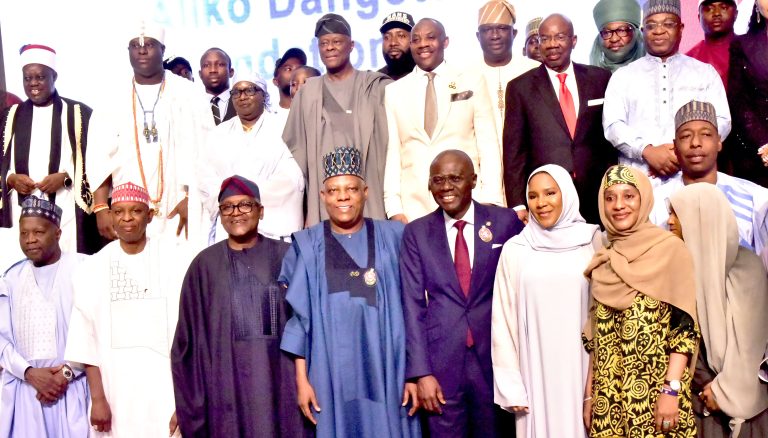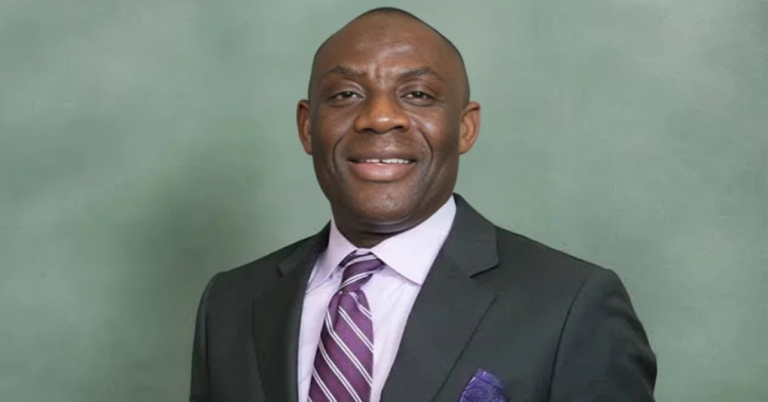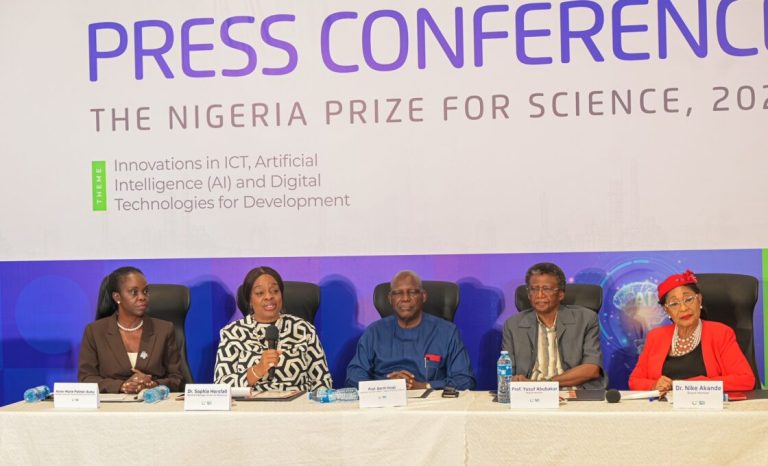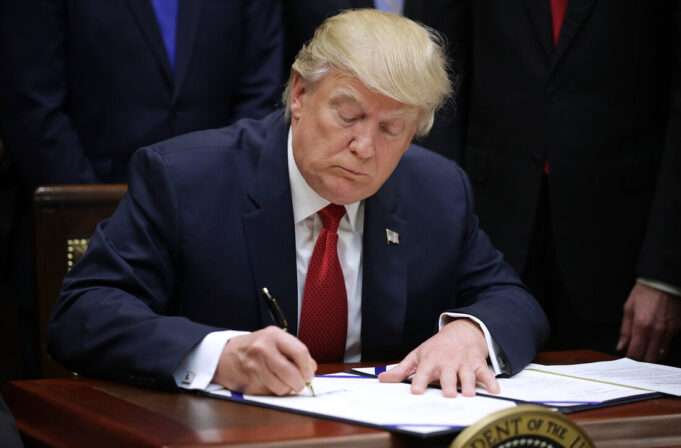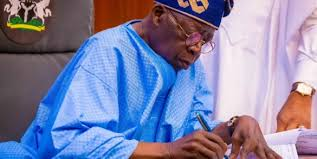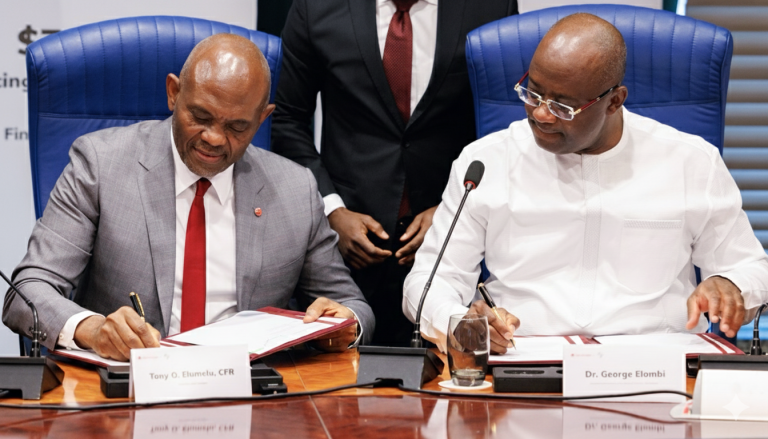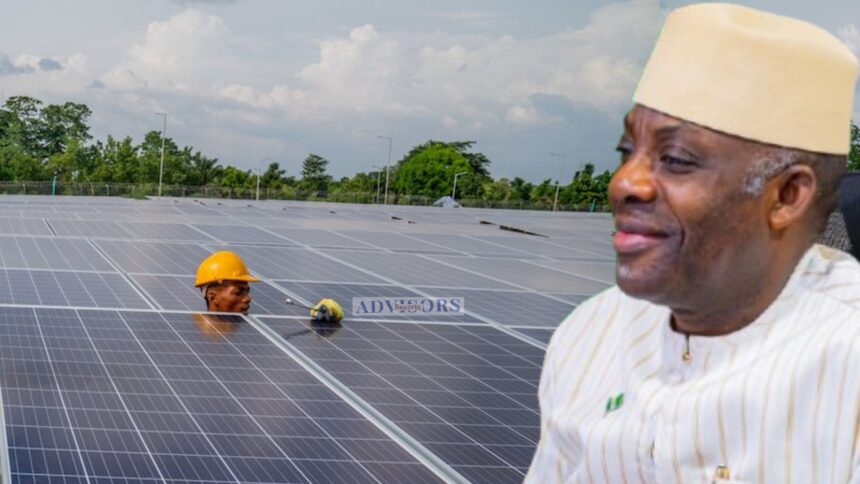
“NIGERIA REVOLUTIONIZES EDUCATION: SOLAR PV INSTALLATION AND CLIMATE CHANGE STUDIES ADDED TO SECONDARY SCHOOL CURRICULUM”

Minister of Education, Dr. Maruf Tunji Alausa [ GREATRIBUNTVNEWS]
GREATRIBUNETVNEWS–THE Federal Government has introduced groundbreaking changes to the secondary school curriculum, incorporating Solar Photovoltaic Installation and Maintenance as an optional subject for both Junior and Senior Secondary School students. This move aims to equip students with practical skills and knowledge in renewable energy and sustainability.
Key Highlights:
– Solar PV Installation: Students can now learn about Solar Photovoltaic Installation and Maintenance as part of Trade/Pre-vocational studies.
– Climate Change Studies: Earth and Environmental Science, Sustainability, and Climate Change have been introduced to integrate contemporary global issues into the education system.
– Revamped TVET System: The Technical and Vocational Education and Training (TVET) system has been revived, offering students a range of trade subjects, including:
– Fashion Design and Garment Making
– Livestock Farming
– Beauty and Cosmetology
– Computer Hardware and GSM Repairs
– Horticulture and Crop Production
Revised Curriculum Structure:
– Junior Secondary School: Students will offer 12-14 subjects.
– Senior Secondary School: Compulsory subjects have been reduced from 12 to 8-9, while technical school students can take 9-11 subjects.
– Primary School: Pupils in Primary 1-3 will offer 9-10 subjects, while those in Primary 4-6 will offer 10-12 subjects.
Empowering the Next Generation:
– Practical Skills: The new curriculum focuses on equipping students with practical skills and knowledge in various trades and vocations.
– Sustainability and Climate Change: By introducing climate change studies, the government aims to raise awareness and promote sustainability among the younger generation .
Minister of Education, Dr. Maruf Tunji Alausa, had earlier in the week explained that the curriculum review was aimed not only at streamlining the number of subjects but also at improving content to enable deeper learning.
He noted that the review was conducted in collaboration with key stakeholders, including the Nigerian Educational Research and Development Council (NERDC), Universal Basic Education Commission (UBEC), National Senior Secondary Education Commission (NSSEC), National Board for Technical Education (NBTE), and relevant departments within the Ministry.
According to Dr. Alausa, the revised curricula will help reduce content overload and create more learning time for students.
He emphasised that the development reflects the government’s commitment to delivering quality education that is relevant, practical, and responsive to the needs of learners in today’s rapidly changing world.
Dr. Alausa, last year, noted that Nigeria must learn from advanced nations in order to remain competitive globally.
He stressed the importance of skill acquisition, referencing Scott Adams’ words: “Every skill you acquire doubles your odds of success.”
According to him, this principle underpins President Bola Ahmed Tinubu’s Renewed Hope Agenda and the Ministry of Education’s strategy.
He said, “That’s why we are aggressively reviving our technical and vocational education and training (TVET) system, aimed at equipping young men and women with ‘life skills’ that will enable them to be productive members of their communities, while also improving their employability and career opportunities.
“We will be creating opportunities for our young Nigerians, both men and women, to give them life skills to improve their employability, irrespective of their level of education, from basic education to tertiary institutions.
“We will also be adding to our #TVET curriculum #lifeskills in Renewable Energy (Solar), compressed natural gas (CNG), and mechanized farming to also support PBAT’s agenda of ensuring food security in our country,” the Minister said.

